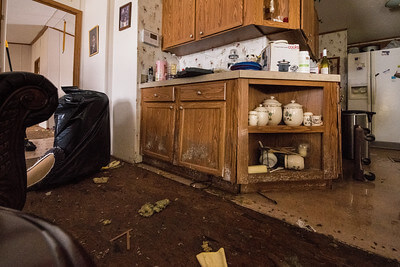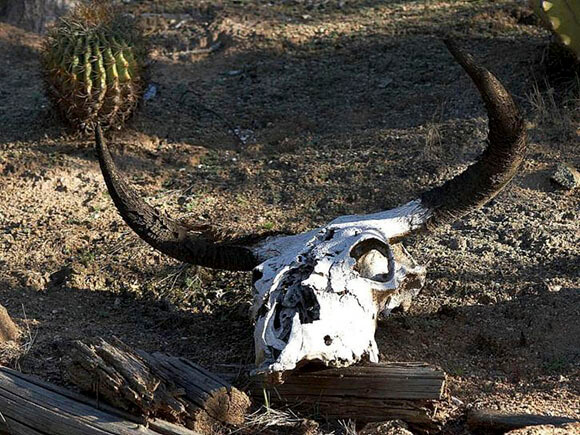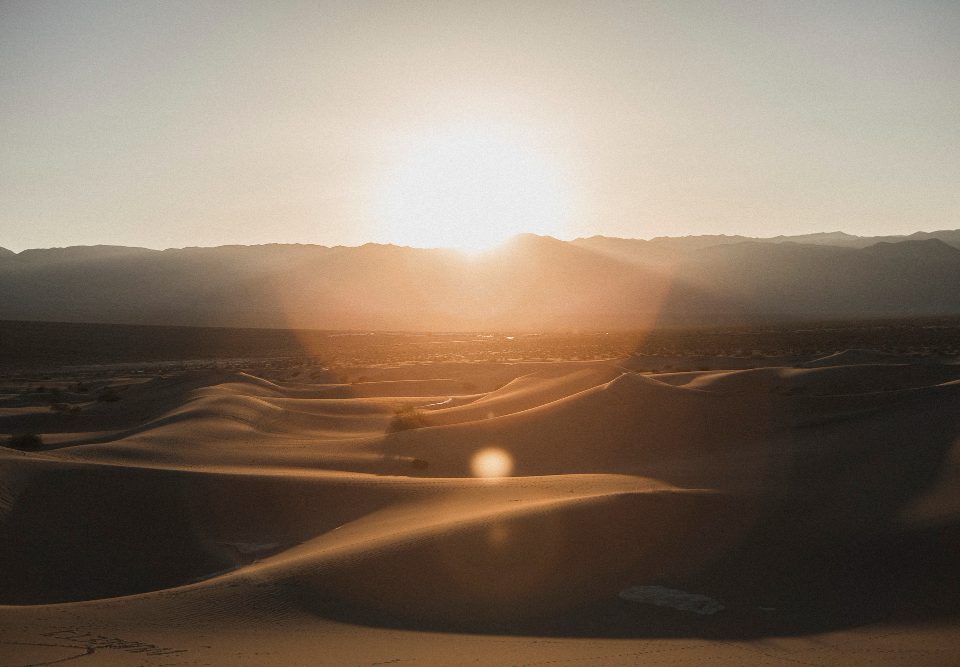Skeletonization: The Final Stage of Decomposition
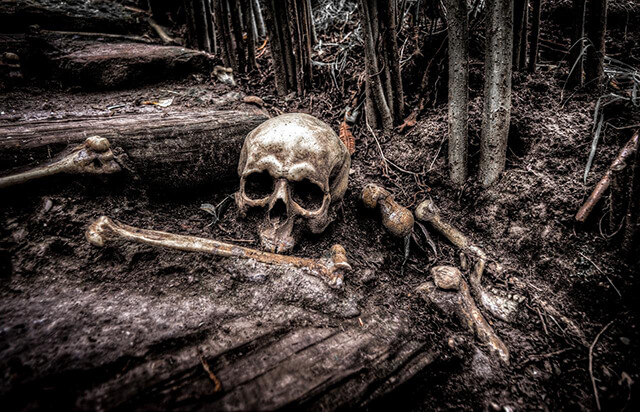
After death, the human body goes through several stages of decomposition. If a corpse is left untouched, Mother Nature gets to work immediately and effectively. And our skulls, bones and teeth are the last bits of evidence that we ever existed. Those bones can last a surprisingly long time, even during harsh conditions.
The Scientific Side: Decomp at a Glance
Biologically speaking, our bones, skull, and teeth will be the last parts of us to break down. They’re made of collagen and calcium, which might even fossilize before decomposing.
Here’s what happens first:
- Immediately after a person dies, the fluids and blood begin to puddle at the bottom-most point of the body. If you die sitting up, your bum and legs will start swell and darken. This is called livor mortis.
- Over the next few days, the bacteria in your gut continue to digest things from the inside. Bodies bloat and the abdomen becomes visibly greenish. The more widespread the green coloring, the longer decomp has occurred. This is when things start to stink.
- In a body left outdoors, active decay begins when wild animals and insects get to work. Active decay can diminish a body to bones within weeks or months, depending on the area and the temperature. The softest tissues, like eyeballs, are the first to decay.
- Next comes advanced decay, when skin becomes leathery, and portions of the skeleton begin to be visible.
Finally, a body is reduced to bones and some connective materials, like ligaments and cartilage, which will continue to decay.
How Long Does a Human Skeleton Take to Decay?
No set timeframe says a human skeleton will decay in X days. There are too many factors at play, so let’s look at them.
What Factors Slow This Process?
Extreme temperatures and chemical embalming can affect this process.
Temperatures, Like Intense Cold and Dry Heat
In an all-natural setting — say, a hiker dies instantly when falling off the side of a cliff — it’s the ambient temperature that will have the most significant impact on the speed of skeletonization. A sub-zero temperature would chill a body quickly, and the activity of the bacteria in the gut would be swiftly halted. The wild animals and insects that Mother Nature employs for cleanup are absent until the weather gets warm again.
When it’s -2 degrees F, that hiker’s corpse will remain the same until found or until temperatures warm up. Even if it takes 5,000 years, like the case of Otzi the Ice Man Mummy.
Dry heat can also slow the process as well. In Egypt, even before the practice of chemical embalming, the ancient people understood that if the digestive organs were removed, a bundled body would stay well-preserved when buried deep in the dry, hot sand. Some of the oldest human remains we know about are found in the Egyptian deserts, bundled tightly in a fetal position. We’re still finding these ancient individuals today!
Modern Chemical Embalming
In 2022, professional embalmers will use chemicals to ward off decomposition and eventual skeletonization. We’re not suggesting that embalming will preserve a body ad infinitum. But by removing active bacteria in the gut and filling the body with chemicals that make it “inedible” to the tiny critters, we can protect a body for a long time, maybe years.
What to Do if You Find a Human Skeleton
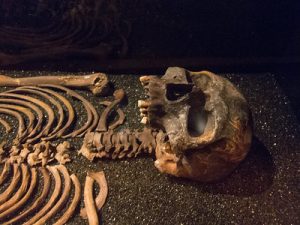
Photo courtesy of Thomas Quine
Finding a human skeleton is a rare but not impossible situation. Usually, bodies are found well before this point because, frankly, they STINK! The odor is unique and strong, and you can smell a decomposing body from hundreds of feet away.
Once you smell human decomp, you’ll recognize that smell forever. It can trigger trauma, particularly for families that need to live in a home where the death occurred. That’s why professional unattended death services exists, to protect yourself and your family from ongoing trauma like this.
When you find human remains, call 911 or local law enforcement immediately. Don’t touch them, and try not to disturb the area. Your best bet is to wait outside, weather permitting.
Sometimes human skeletons are discovered during excavations for new construction. Call law enforcement. They will reach out to the coroner, who may reach out to tribal elders in your area if needed.
Stay calm, and contact a friend or family member you can trust to wait with you if needed. After law enforcement has done their job and removed remains, contact us for professional human remain treatment and disinfection.


